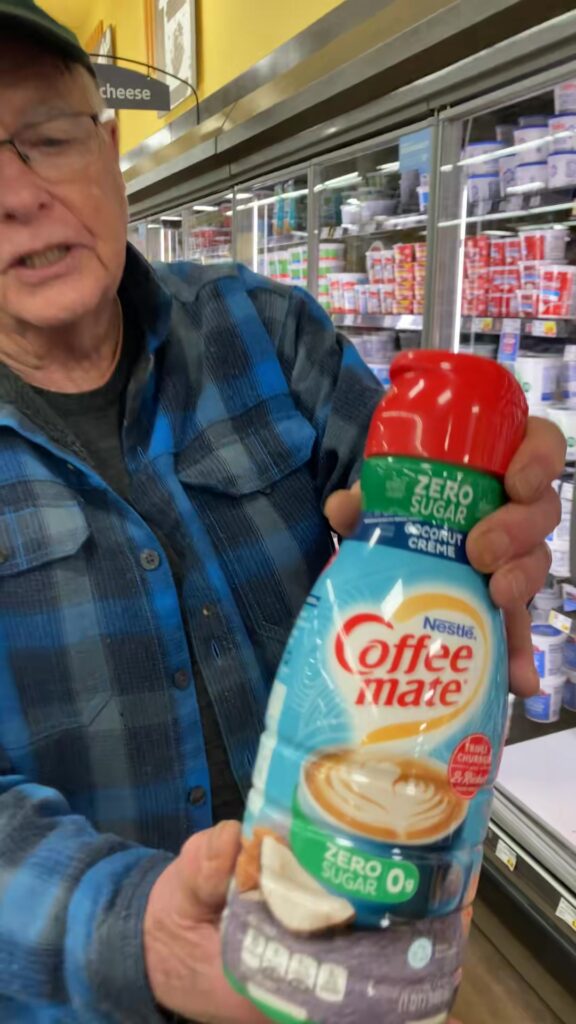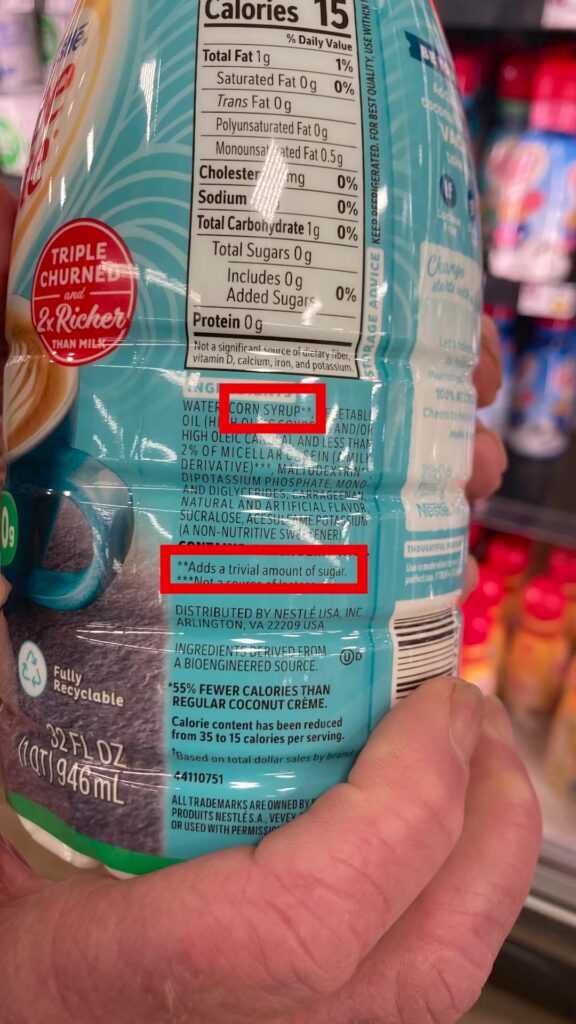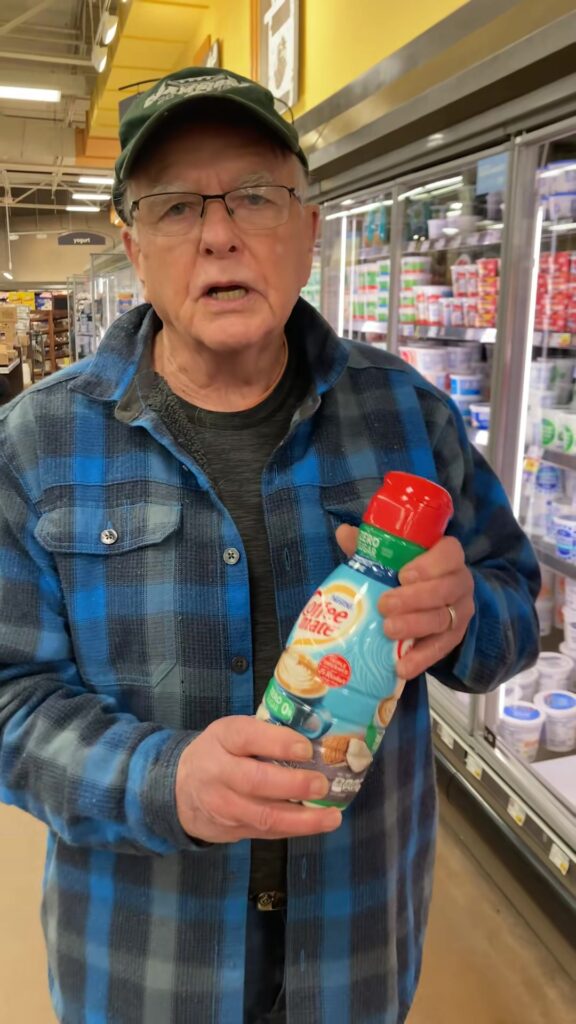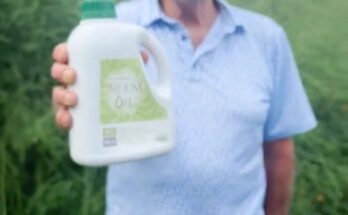Fake Food Creamer
#food #coffee #fake #Healthy #healthyliving #Healthyfood
If you’re someone who can’t start the day without a hot cup of coffee, chances are you’ve reached for a bottle of creamer at some point. Creamers promise to add flavor and creaminess to your cup without the need for milk or cream. But have you ever taken a close look at what’s actually inside that convenient bottle? You might be surprised—and not in a good way.
What Is Fake Food Creamer?
The term “fake food” refers to ultra-processed items that look and taste like real food but are far from it in terms of nutrition and ingredient quality. Coffee creamer is a perfect example. Most non-dairy creamers don’t actually contain any cream. Instead, they’re made up of a mixture of water, sugar, vegetable oils, artificial flavors, thickeners, and emulsifiers. This combination is designed to mimic the texture and richness of cream without using dairy—but at a nutritional cost.
Common Ingredients in Non-Dairy Creamers
Take a quick look at the label on your favorite coffee creamer, and you’re likely to see a list that includes:
- Partially hydrogenated oils: These are trans fats, which are linked to heart disease and inflammation.
- Corn syrup solids: A fancy term for sugar, often used to add sweetness and bulk.
- Artificial flavors: Chemicals created to mimic the taste of vanilla, hazelnut, caramel, or other popular flavors.
- Sodium caseinate: A milk derivative used to make the product creamy, but still labeled as “non-dairy.”
- Mono- and diglycerides: Emulsifiers used to blend oil and water.
- Carrageenan or other thickeners: Added for texture but can cause digestive issues for some people.
These ingredients may be cheap and shelf-stable, but they don’t support good health—especially if you’re adding creamer to your coffee every single day.
Health Impact
Using fake food creamer regularly can contribute to inflammation, weight gain, and elevated blood sugar. Even sugar-free or fat-free versions aren’t safe bets—they often replace sugar with artificial sweeteners like sucralose or aspartame, which may have their own side effects and still condition your taste buds to crave sweetness.
Creamers can be deceptive. A serving size is often just one tablespoon, but few people actually measure that out. What seems like a harmless splash can add up to significant empty calories and chemicals over time.
Healthier Alternatives
If you’re trying to live a healthier lifestyle, there are much better options:
- Real dairy or plant-based milk: Organic whole milk, oat milk, almond milk, or coconut milk are all great alternatives, especially the unsweetened versions.
- Homemade creamers: Mix coconut milk with a bit of vanilla extract and cinnamon for a delicious, natural option.
- Collagen creamers: These are now available and often contain clean protein, MCT oil, and natural ingredients.
- Plain coffee with a splash of real cream: A small amount of high-quality dairy is usually better than a tablespoon of chemicals.
Final Thoughts
Fake food creamers may be convenient and tasty, but they come at the cost of your health. The good news? With a little mindfulness and a few smart swaps, you can enjoy your coffee without loading it up with artificial ingredients. Remember, real food always beats fake food. So next time you reach for that bottle of creamer, think twice—and choose something that supports your well-being instead of undermining it.















